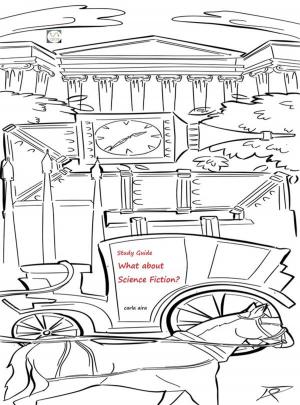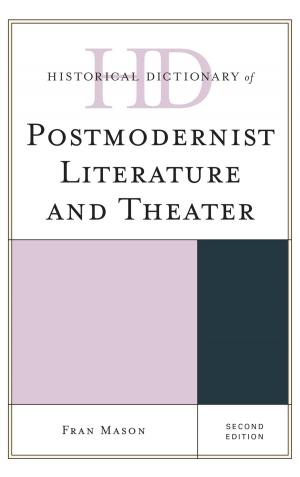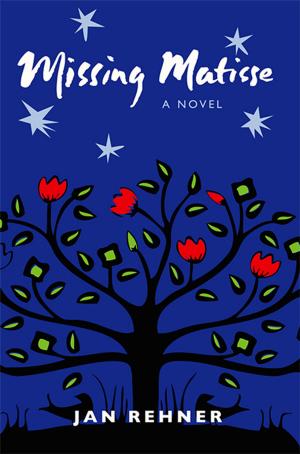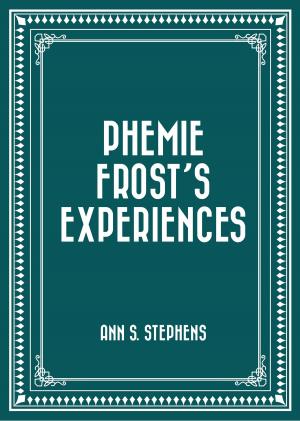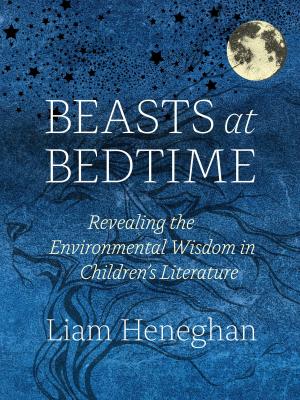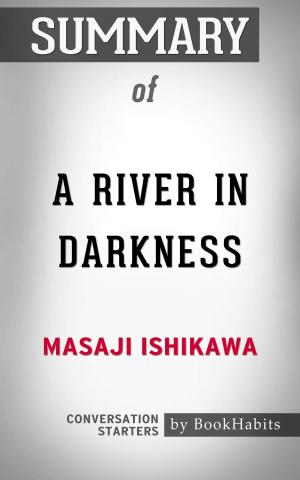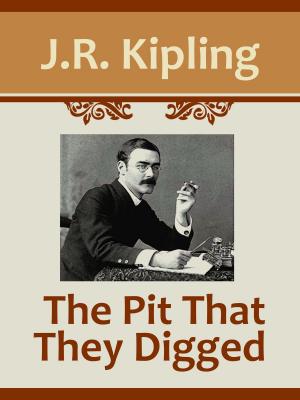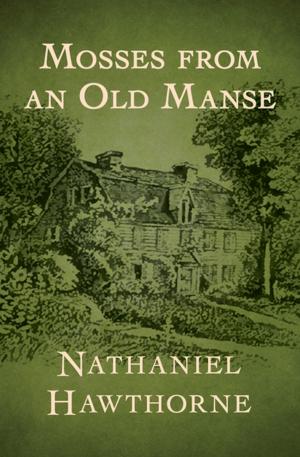THE PRINCESS AND THE GOBLIN Classic Novels: New Illustrated [Free Audio Links]
Fiction & Literature, Classics, Literary| Author: | GEORGE MACDONALD | ISBN: | 1230000104188 |
| Publisher: | GEORGE MACDONALD | Publication: | February 3, 2013 |
| Imprint: | Language: | English |
| Author: | GEORGE MACDONALD |
| ISBN: | 1230000104188 |
| Publisher: | GEORGE MACDONALD |
| Publication: | February 3, 2013 |
| Imprint: | |
| Language: | English |
"THE PRINCESS AND THE GOBLIN - Top Classic Novels" This edition included NEW illustrations + Free AudioBook Links + Clickable Table of Contents for both the list of included books and their respective chapters. Navigation couldn't be easier.
The text and chapters are perfectly set up to match the layout and feel of a physical copy, rather than being haphazardly thrown together for a quick release.
The Princess and the Goblin is a children's fantasy novel by George MacDonald. It was published in 1872 by Strahan & Co.
The sequel to this book is The Princess and Curdie.
Anne Thaxter Eaton writes in A Critical History of Children's Literature that The Princess and the Goblin and its sequel “quietly suggest in every incident ideas of courage and honor." Jeffrey Holdaway writing in New Zealand Art Monthly said that both books start out as “normal fairytales but slowly become stranger”, and that they contain layers of symbolism similar to that of Lewis Carroll’s work.
George MacDonald (10 December 1824 – 18 September 1905) was a Scottish author, poet, and Christian minister.
Known particularly for his poignant fairy tales and fantasy novels, George MacDonald inspired many authors, such as W. H. Auden, J. R. R. Tolkien, C. S. Lewis, E. Nesbit and Madeleine L'Engle. C. S. Lewis wrote that he regarded MacDonald as his "master": "Picking up a copy of Phantastes one day at a train-station bookstall, I began to read. A few hours later," said Lewis, "I knew that I had crossed a great frontier." G. K. Chesterton cited The Princess and the Goblin as a book that had "made a difference to my whole existence."
Elizabeth Yates wrote of Sir Gibbie, "It moved me the way books did when, as a child, the great gates of literature began to open and first encounters with noble thoughts and utterances were unspeakably thrilling."
Even Mark Twain, who initially disliked MacDonald, became friends with him, and there is some evidence that Twain was influenced by MacDonald. Christian author Oswald Chambers (1874–1917) wrote in Christian Discipline, vol. 1, (pub. 1934) "it is a striking indication of the trend and shallowness of the modern reading public that George MacDonald's books have been so neglected."
"THE PRINCESS AND THE GOBLIN - Top Classic Novels" This edition included NEW illustrations + Free AudioBook Links + Clickable Table of Contents for both the list of included books and their respective chapters. Navigation couldn't be easier.
The text and chapters are perfectly set up to match the layout and feel of a physical copy, rather than being haphazardly thrown together for a quick release.
The Princess and the Goblin is a children's fantasy novel by George MacDonald. It was published in 1872 by Strahan & Co.
The sequel to this book is The Princess and Curdie.
Anne Thaxter Eaton writes in A Critical History of Children's Literature that The Princess and the Goblin and its sequel “quietly suggest in every incident ideas of courage and honor." Jeffrey Holdaway writing in New Zealand Art Monthly said that both books start out as “normal fairytales but slowly become stranger”, and that they contain layers of symbolism similar to that of Lewis Carroll’s work.
George MacDonald (10 December 1824 – 18 September 1905) was a Scottish author, poet, and Christian minister.
Known particularly for his poignant fairy tales and fantasy novels, George MacDonald inspired many authors, such as W. H. Auden, J. R. R. Tolkien, C. S. Lewis, E. Nesbit and Madeleine L'Engle. C. S. Lewis wrote that he regarded MacDonald as his "master": "Picking up a copy of Phantastes one day at a train-station bookstall, I began to read. A few hours later," said Lewis, "I knew that I had crossed a great frontier." G. K. Chesterton cited The Princess and the Goblin as a book that had "made a difference to my whole existence."
Elizabeth Yates wrote of Sir Gibbie, "It moved me the way books did when, as a child, the great gates of literature began to open and first encounters with noble thoughts and utterances were unspeakably thrilling."
Even Mark Twain, who initially disliked MacDonald, became friends with him, and there is some evidence that Twain was influenced by MacDonald. Christian author Oswald Chambers (1874–1917) wrote in Christian Discipline, vol. 1, (pub. 1934) "it is a striking indication of the trend and shallowness of the modern reading public that George MacDonald's books have been so neglected."
![Cover of the book THE PRINCESS AND THE GOBLIN Classic Novels: New Illustrated [Free Audio Links] by GEORGE MACDONALD, GEORGE MACDONALD](https://www.kuoky.com/images/2013/february/500x500/1230000104188-ng3y_500x.jpg)
